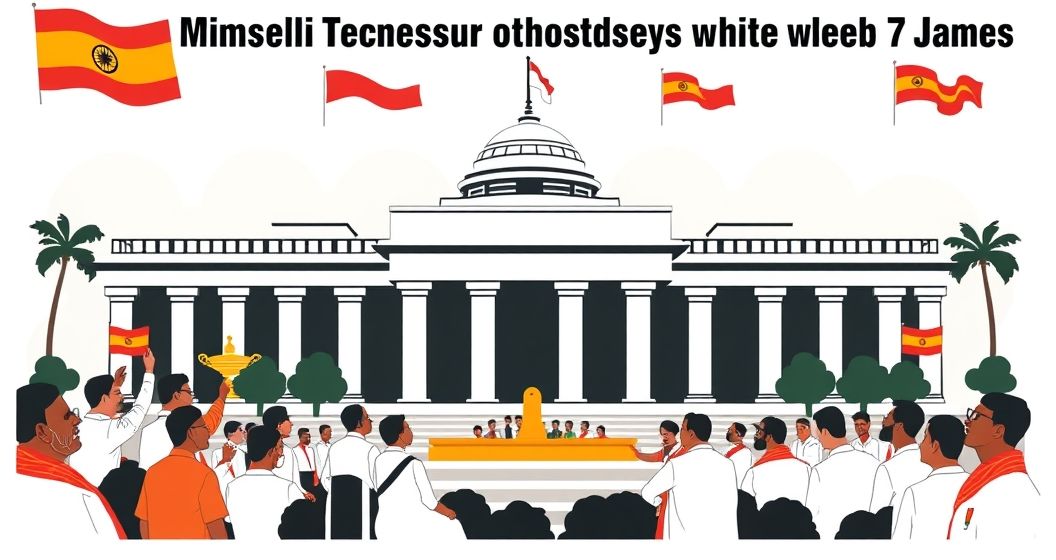DMK achievements – Tamil Nadu Chief Minister M.K. Stalin recently asserted that the DMK government’s accomplishments in its first four years significantly outweigh those of the AIADMK during its preceding decade in power (2011-2021). This bold statement, made during his “Ungalil Oruvan” (One Among You) initiative, sparked considerable debate and prompted a closer examination of the DMK’s governance.
DMK achievements: A Comparative Analysis: DMK vs. AIADMK
Stalin’s claim hinges on a multifaceted comparison, focusing not just on individual projects but on the overall trajectory of development. While specific data points are still being analyzed and debated by various political analysts and economists, the CM emphasized key areas where he believes the DMK has demonstrably excelled. These include significant strides in infrastructure development, attracting foreign investment, and leveraging Tamil Nadu’s skilled workforce.
Infrastructure Development: A Cornerstone of Progress
One of the central pillars of Stalin’s argument revolves around infrastructure improvements. He cited examples of substantial progress in road networks, improved public transportation systems, and investments in renewable energy sources. These initiatives, he argued, were either lacking or significantly underdeveloped during the AIADMK’s tenure. While the AIADMK did undertake some infrastructure projects, the scale and pace of development under the DMK, according to Stalin, represent a qualitative leap forward. Specific projects and their impact on the Tamil Nadu economy are expected to be further detailed in upcoming government reports.
Attracting Foreign Investment: A Global Perspective
Stalin highlighted his recent meetings with investors in Germany as evidence of the DMK government’s success in attracting foreign investment. He emphasized the detailed presentations showcasing Tamil Nadu’s improved infrastructure, highly skilled workforce, and business-friendly environment. These presentations, he suggested, are a direct outcome of the policies implemented by the DMK government, policies that have created a more attractive climate for investors compared to the previous administration. The long-term impact of this investment influx on job creation and economic growth remains to be seen but is a key aspect of the DMK’s achievements.
Leveraging Tamil Nadu’s Talent Pool: Investing in Human Capital
Beyond infrastructure and foreign investment, Stalin also stressed the DMK’s focus on human capital development. He pointed to initiatives aimed at improving education and skills training, arguing that these investments are crucial for long-term economic growth and competitiveness. This focus, he contended, was comparatively less pronounced during the AIADMK’s rule. The specific programs and their measurable outcomes will be a subject of further scrutiny and analysis by independent researchers.
Conclusion: A Contested Narrative
While Stalin’s assertions regarding the DMK’s achievements are strong, it’s important to acknowledge that this is a narrative subject to ongoing debate. Opposition parties and independent analysts will undoubtedly offer alternative perspectives and scrutinize the data supporting the CM’s claims. A comprehensive and objective evaluation requires a thorough analysis of economic indicators, infrastructure development metrics, and the impact of various government policies across multiple sectors. The coming years will provide a more complete picture of the DMK’s legacy and allow for a more nuanced comparison with the AIADMK’s ten-year governance.


